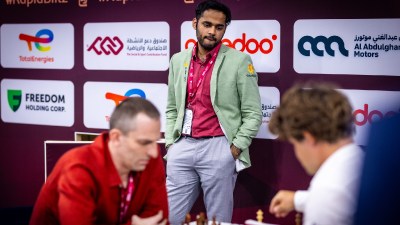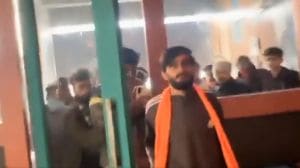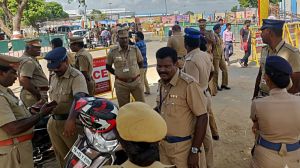Doctor prescribes
That Prime Minister Manmohan Singh has chosen to strongly defend the decision to vote against Iran at the IAEA twice in the last seven month...

That Prime Minister Manmohan Singh has chosen to strongly defend the decision to vote against Iran at the IAEA twice in the last seven months is a more important political fact than the three-page explanation for the vote, which he placed before Parliament on Friday. The PM has rightly underlined the balance of considerations that went into the Iran vote: the need to maintain close ties with an important neighbour, preserve India8217;s options on energy security, stand by the principled opposition to WMD proliferation and recognise the consequences of Iran8217;s clandestine proliferation with assistance from Pakistan8217;s nuclear Wal-Mart run by A.Q. Khan.
It is not that the left parties do not know the facts about Iranian proliferation. They just don8217;t want them to come in the way of their campaign to put the UPA government on the defensive. If that meant commualising foreign policy by stoking the Muslim political sentiment, then so be it. Making foreign policy an arena of confrontation with the government, the Left has also decided to mount massive protests during the US president8217;s visit to India. The relentless criticism of foreign policy from the Left, the curious silence of the Congress Party on Manmohan Singh8217;s diplomatic achievements, and the DAE8217;s defiance of the government on the Indo-US nuclear pact, together seemed to suggest that the PM was losing nerve. Did the government have the stomach to take many of its diplomatic initiatives, towards the US, Pakistan and China, to their logical conclusion? Or would it be frightened by opposition attacks?
In the last few days, the PM has answered these questions by hitting back. He has decried the lack of a 8220;strategic culture8221; in India, and got President Kalam to tell the Parliament of the government8217;s determination to defend the nation8217;s 8220;enlightened national interest8221; and further cooperation with the US. The Iran piece is part of the same script. On the eve of the visits by the French President Jacques Chirac and the US President George W. Bush, the government badly needed to demonstrate political resolve. The PM must now take his campaign directly to the people. The more he speaks on foreign policy, and the more decisive he is in disciplining different government agencies, the greater will be the support from the nation at large to the government8217;s efforts to transform India8217;s standing in the world.
- 01
- 02
- 03
- 04
- 05































